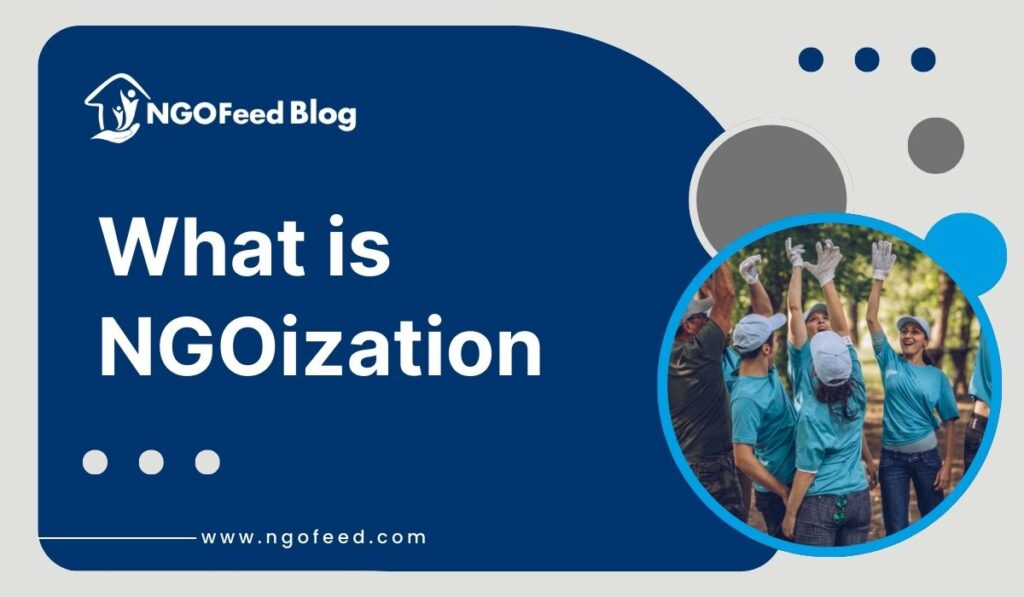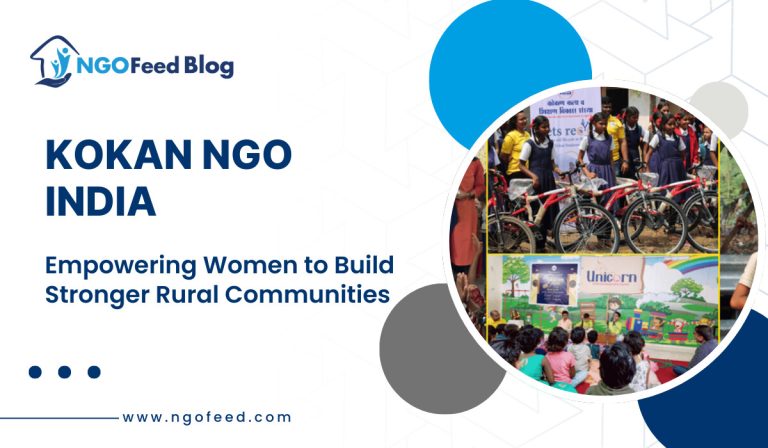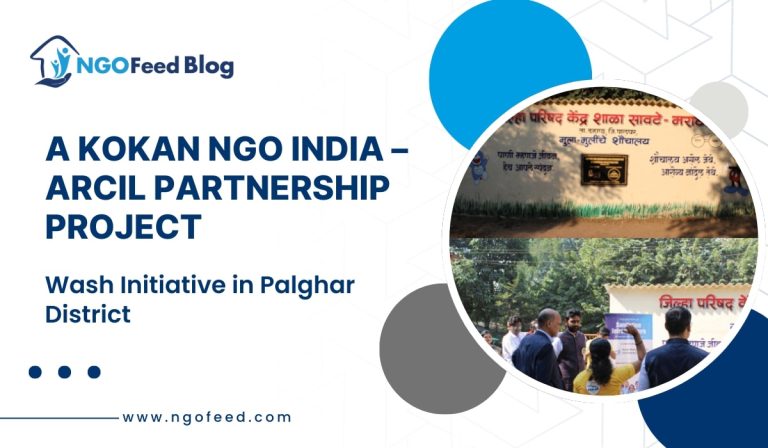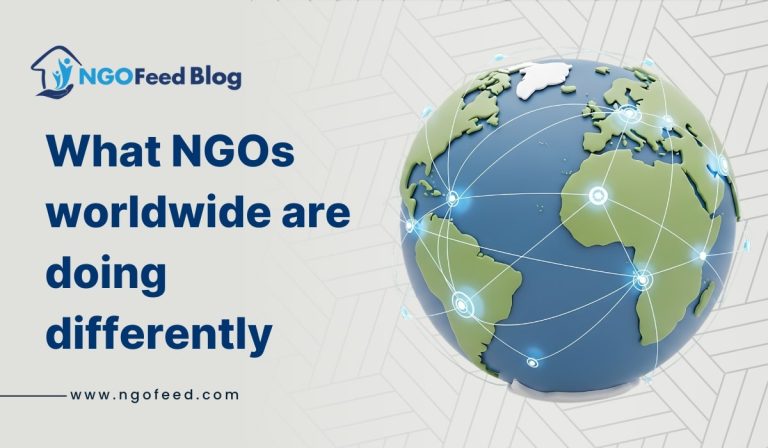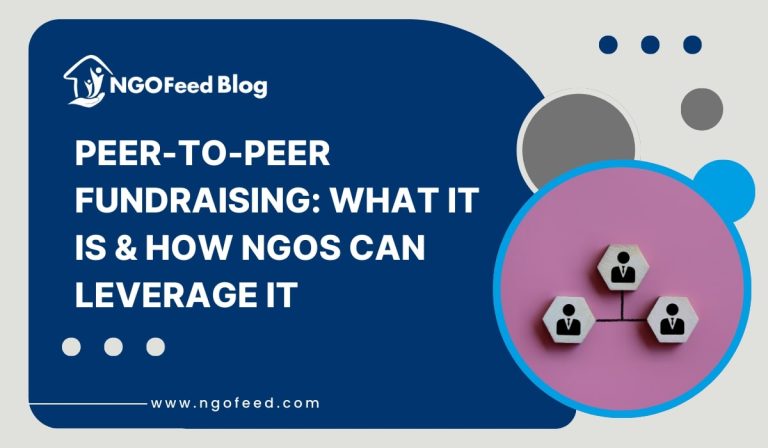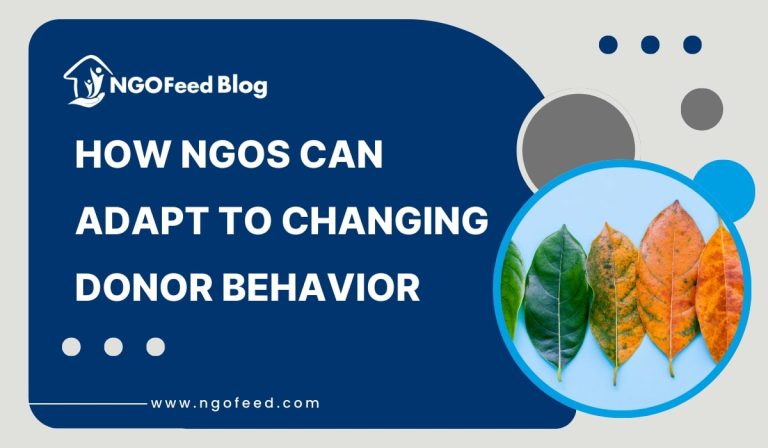NGOization is the process by which non-governmental organisations (NGOs) play a larger part and contribute more to the social, political, and economic affairs of a nation. It is a worldwide occurrence that has been especially common in emerging nations. NGOs, on the other hand, are nonprofit organisations that are independent of the government and political groups and work for the welfare of society. They strive to address problems that affect a nation’s social development, including healthcare, environmental protection, women’s empowerment, and disaster relief.
The growth of NGOs and their wings in different sectors and issues have raised many questions around the world. This growth pushes the idea of NGOization overall. NGOization has led to a proliferation of NGOs working in various fields, often in collaboration with the government and other agencies. This has led to several positive outcomes, such as increased access to education and healthcare for marginalized communities, and greater attention to environmental conservation and disaster relief efforts.
| Index 1 NGOization Importance 2 Challenges of NGOization 3 Scholar’s View 4 Is NGOization Bad or Good? 5 Conclusion |
Why NGOization is Important? Check these 6 Reasons
Here are some of the key reasons why NGOization is important:
- Filling gaps left by governments: In many developing countries, governments often lack the resources or political will to address social and developmental issues. NGOs can fill these gaps by providing critical services and advocating for policy changes that benefit marginalized communities.
- Bringing attention to important issues: NGOs often work in areas that receive less attention from governments and the media. They can raise awareness about important social and environmental issues and advocate for change.
- Providing a voice for marginalized communities: NGOs often work closely with marginalized communities and provide a platform for these communities to have a voice in decision-making processes.
- Advocating for human rights: NGOs play an important role in advocating for human rights, including civil, political, economic, social, and cultural rights. They can help hold governments accountable for their human rights obligations and push for reforms.
- Facilitating social innovation: NGOs often bring new and innovative approaches to addressing social and environmental issues, including the use of technology and partnerships with businesses and governments.
- Building social capital: NGOs can help build social capital by fostering networks and partnerships among diverse groups of people and organizations. This can lead to greater collaboration and more effective solutions to social and environmental challenges.
Read also: Top 10 NGO in India
What are the Challenges of NGOization?
“The NGOization of civil society threatens to turn activism into a profession.”
– Arundhati Roy, author and activist
NGOization has also given rise to certain issues, While NGOization has brought about many positive changes, there are also several challenges associated with it. Some of the key challenges with NGOization are:
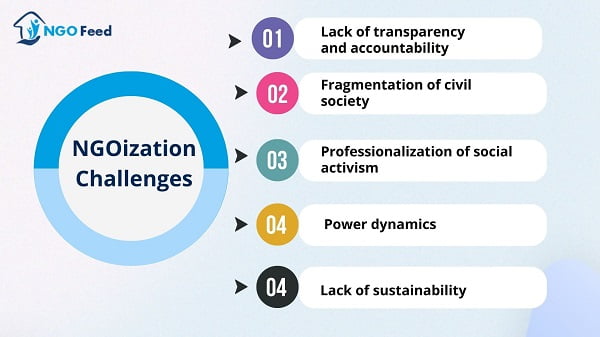
- Lack of transparency and accountability: Many NGOs are funded by foreign agencies, and there have been instances of misuse of funds or diversion of funds to unrelated activities. There is often a lack of transparency and accountability in the operations of NGOs, which can lead to a loss of public trust and a hindrance to their effectiveness.
- Fragmentation of civil society: With the rise of numerous NGOs, there is a lack of coordination and collaboration among these organizations, leading to duplication of efforts and a lack of cohesive action. This can lead to a fragmented civil society, which is less effective in advocating for social and environmental change.
- Professionalization of social activism: The rise of NGOs has led to a certain degree of professionalization of social activism. This has led to a shift in the focus of activism from grassroots movements to more technocratic approaches. NGOs are often run by professionals with expertise in specific fields, leading to a lack of representation of the marginalized communities they serve.
- Power dynamics: NGOs often have a significant influence on policy-making, and this has led to a certain degree of disempowerment of local communities. NGOs may also prioritize the interests of their donors over the interests of the communities they serve, leading to a lack of autonomy for these communities.
- Lack of sustainability: NGOs are often reliant on external funding and donations, which can make their operations vulnerable to changes in funding priorities or donor interest. This can make it difficult for NGOs to maintain long-term sustainability in their operations.
So, these challenges with NGOization must be addressed to ensure that NGOs can effectively contribute to social and environmental change in a transparent and accountable manner, while also empowering and representing the communities they serve.
Scholar’s View
Scholars from around the world have different opinions on that-Scholars have different views on the phenomenon of NGOization. Author, scholar and expert on global politics and democracy, Prof John Keane has very clear remarks on the growth of NGOs. He said, “The growth of NGOs reflects both the failure of the state to provide basic services and the inability of conventional political parties to provide an effective opposition.” NGOs should not be seen as a blessing. It is also a mark of the failure of democratic values and governance.
Scholar’s Views – Perspectives
Here are some of the key perspectives:
Critical perspective: Scholars with a critical perspective on NGOization argue that it can lead to the professionalization of social activism, which can weaken grassroots movements and disempower local communities. They also raise concerns about the lack of transparency and accountability in the operations of NGOs and the power dynamics that can arise between NGOs and the communities they serve.
A positive perspective: Other scholars argue that NGOs are crucial in addressing social and environmental issues, particularly in countries where governments lack the resources or political will to do so. They highlight the importance of NGOs in advocating for human rights, providing a voice for marginalized communities, and bringing attention to important issues.
Structural perspective: Scholars with a structural perspective on NGOization argue that the proliferation of NGOs is a response to larger global economic, political, and social changes. They suggest that NGOs are not an isolated phenomenon, but rather a part of larger processes of globalization and neoliberalism.
Hybrid perspective: Some scholars take a hybrid perspective, acknowledging both the positive contributions and challenges of NGOization. They suggest that NGOs have played a significant role in advancing social and environmental change, but that there are also challenges associated with their operations that must be addressed.
Is NGOization Bad or Good?
Whether NGOization should be active or banned is a complex issue that cannot be answered with a simple yes or no. Here are some key points to consider:
1. Importance of NGOs: NGOs play a crucial role in addressing social and environmental issues in many countries, particularly in situations where governments lack the resources or political will to do so. NGOs can bring attention to important issues, provide a voice for marginalized communities, and advocate for human rights.
2. Challenges with NGOization: As outlined earlier, there are several challenges associated with NGOization, such as lack of transparency and accountability, fragmentation of civil society, and power dynamics between NGOs and the communities they serve.
3. Need for regulation: To address the challenges associated with NGOization, there is a need for effective regulation of NGOs. This can include measures to ensure transparency and accountability in their operations, support for collaboration and coordination among NGOs, and measures to empower local communities and ensure their participation in decision-making processes.
4. Importance of balance: It is important to strike a balance between supporting the positive contributions of NGOs while also addressing the challenges associated with NGOization. A ban on NGOization is unlikely to be effective or desirable, as it would limit the ability of NGOs to contribute to social and environmental change. Instead, efforts should be made to ensure that NGOs operate in a transparent and accountable manner, while also empowering local communities and promoting collaboration and coordination among NGOs.
Conclusion
In conclusion, NGOization is an important phenomenon that has the potential to contribute to social and environmental change, but it also poses several challenges that must be addressed. Rather than banning NGOization outright, efforts should be made to regulate and support NGOs to ensure that they operate in a transparent and accountable manner, while also empowering local communities and promoting collaboration among NGOs.
NGOization is a complex and multifaceted phenomenon that has had both positive and negative outcomes. While NGOs have played a significant role in addressing social and developmental issues in various countries, there is a need to address the challenges that arise from the increasing influence of NGOs in different aspects of society.
Frequently Asked Questions (FAQs)
What is Ngoization?
NGOization is the process by which non-governmental organisations (NGOs) play a larger part and contribute more to the social, political, and economic affairs of a nation. It is a worldwide occurrence that has been especially common in emerging nations.
What is NGO?
A non-governmental organization or non-governmental organisation is an organization that generally is formed independent of government.
What are the Challenges of NGOization?
NGOization has also given rise to certain issues, While NGOization has brought about many positive changes, there are also several challenges associated with it. Some of the key challenges with NGOization are:
1. Lack of transparency and accountability
2 Fragmentation of civil society
3. Professionalization of social activism
4. Power dynamics
5. Lack of sustainability
What is the NGOization in India?
NGO-ization (or ‘ngoisation’) refers to the professionalisation, bureaucratization, and institutionalisation of social movements through their transformation into nongovernmental organisations (NGOs). It resulted in NGOs depoliticizing social movement rhetoric and practises.

